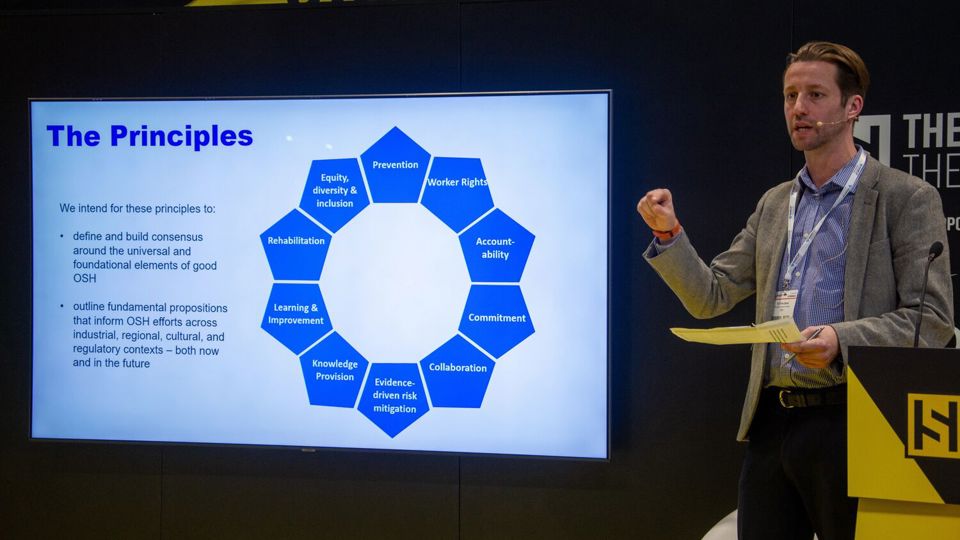News and opinion
Keep up-to-date with the latest stories and developments in the world of health and safety
Bright lights, big stage
The World Expo is showcasing health, safety and wellbeing for the first time.
We are there in Osaka-Kansai, Japan leading workshops and policy discussions on the future of the occupational safety and health profession.
244 results
Contact the media team
If you’re a journalist looking for an interview or a quote, or have an enquiry, call us on +44 (0)116 257 3118.
 IOSH
IOSH












